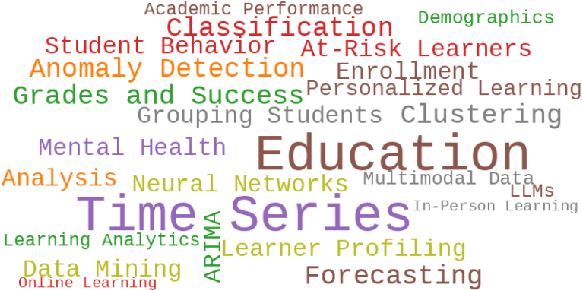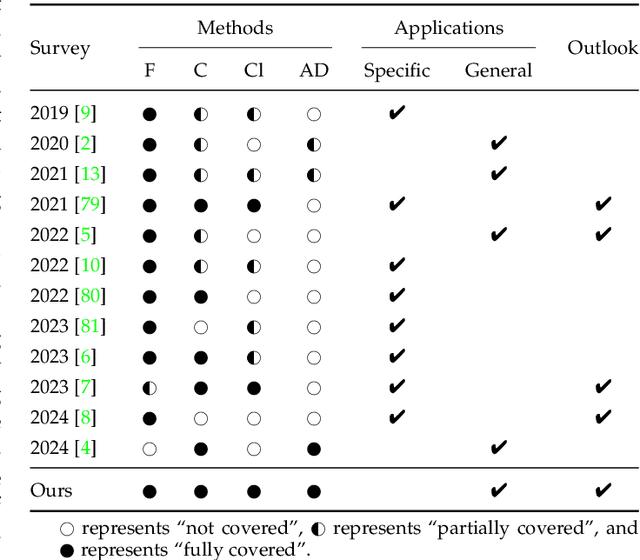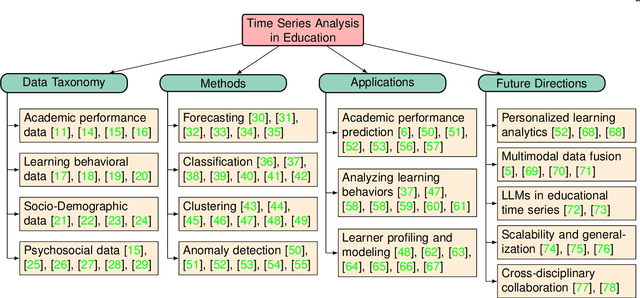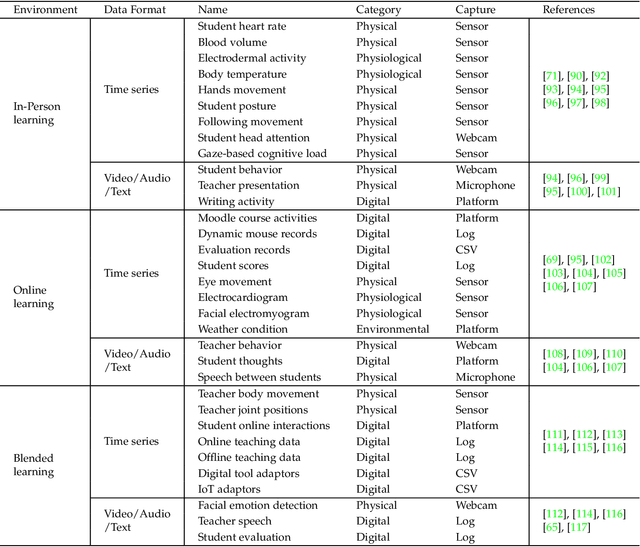Yichi Song
Ask-Before-Detection: Identifying and Mitigating Conformity Bias in LLM-Powered Error Detector for Math Word Problem Solutions
Dec 22, 2024



Abstract:The rise of large language models (LLMs) offers new opportunities for automatic error detection in education, particularly for math word problems (MWPs). While prior studies demonstrate the promise of LLMs as error detectors, they overlook the presence of multiple valid solutions for a single MWP. Our preliminary analysis reveals a significant performance gap between conventional and alternative solutions in MWPs, a phenomenon we term conformity bias in this work. To mitigate this bias, we introduce the Ask-Before-Detect (AskBD) framework, which generates adaptive reference solutions using LLMs to enhance error detection. Experiments on 200 examples of GSM8K show that AskBD effectively mitigates bias and improves performance, especially when combined with reasoning-enhancing techniques like chain-of-thought prompting.
Time Series Analysis for Education: Methods, Applications, and Future Directions
Aug 27, 2024



Abstract:Recent advancements in the collection and analysis of sequential educational data have brought time series analysis to a pivotal position in educational research, highlighting its essential role in facilitating data-driven decision-making. However, there is a lack of comprehensive summaries that consolidate these advancements. To the best of our knowledge, this paper is the first to provide a comprehensive review of time series analysis techniques specifically within the educational context. We begin by exploring the landscape of educational data analytics, categorizing various data sources and types relevant to education. We then review four prominent time series methods-forecasting, classification, clustering, and anomaly detection-illustrating their specific application points in educational settings. Subsequently, we present a range of educational scenarios and applications, focusing on how these methods are employed to address diverse educational tasks, which highlights the practical integration of multiple time series methods to solve complex educational problems. Finally, we conclude with a discussion on future directions, including personalized learning analytics, multimodal data fusion, and the role of large language models (LLMs) in educational time series. The contributions of this paper include a detailed taxonomy of educational data, a synthesis of time series techniques with specific educational applications, and a forward-looking perspective on emerging trends and future research opportunities in educational analysis. The related papers and resources are available and regularly updated at the project page.
 Add to Chrome
Add to Chrome Add to Firefox
Add to Firefox Add to Edge
Add to Edge